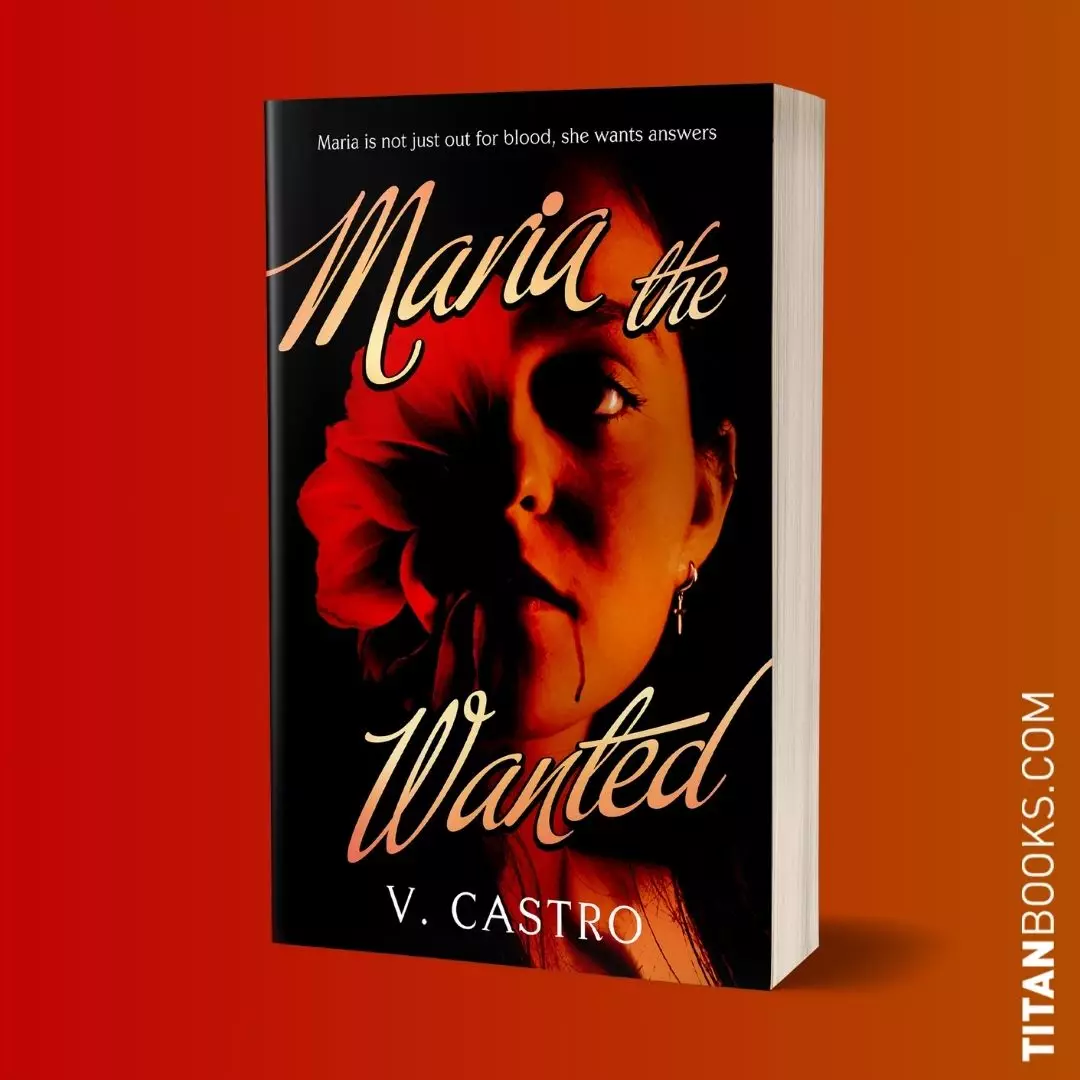V Castro, a prominent figure in the realm of feminist genre fiction, has captivated readers with her ability to weave compelling tales that challenge societal norms. With her forthcoming work, “Maria The Wanted,” she ventures into the intricate world of vampire horror, merging elements of dark fantasy and folk horror. The narrative promises not only to explore the intricacies of vampire mythology but also brazenly addresses pressing issues such as immigration, trafficking, and the struggle against systemic oppression in contemporary society.
At the heart of the narrative is Maria, an embodiment of resilience shaped by trauma and circumstance. Initially introduced as a would-be immigrant, Maria’s transformation into a vampire is symbolic of her metamorphosis from victimhood to empowerment. Faced with threats from the Aztec trafficker and the menacing cartel boss, alongside the inevitability of the Devil’s influence, Maria emerges not merely as a survivor but as a force to contend with. This duality raises important questions: What does it mean to be “wanted”? In seeking justice for her community, does she tread the path of a savior or a predator? Castro adeptly plays with these layers, complicating the archetype of the vampire as a malevolent being.
Maria’s journey across Mexico is more than just a physical trek; it is an exploration of identity and purpose. Each location she traverses serves as a backdrop for her growth and adaptation to her new reality as a vampire. The act of learning a new language not only serves the narrative’s practical needs but also symbolizes her desire to connect and understand the world around her. In this respect, Castro’s storytelling shines as she defines the immigrant experience within the framework of horror, blending personal struggles with the supernatural to create a richer narrative tapestry.
What sets “Maria The Wanted” apart in the genre of vampire fiction is Castro’s commitment to infusing feminist themes throughout the story. The narrative challenges traditional portrayals of female vampires often relegated to seduction or villainy. Instead, Maria embodies strength, agency, and the complexities of moral ambiguity. Castro positions her protagonist as a revolutionary figure, representing women who fight back against societal injustices. This nuanced portrayal invites readers to reconsider the roles of women not just in horror, but within all literary genres.
As Maria’s quest leads her toward a fateful encounter with her vampire creator, readers are left pondering the implications of this meeting. Will he uphold the expectations of a sinister mentor, or will he represent a completely different narrative of creation and power? Castro tantalizingly sets the stage for explorations of destiny, agency, and the intersections of inherited destiny and self-determination. This anticipation adds an additional layer of suspense to the unfolding plot.
In “Maria The Wanted,” V Castro is poised to deliver a riveting and thought-provoking narrative that melds horror with critical societal commentary. By presenting a protagonist who defies conventional expectations, Castro not only reinvents the vampire mythos but also amplifies the voices of marginalized communities. As readers anticipate its release, the possibility of cultural commentary through the lens of dark fantasy frames “Maria The Wanted” as more than just another vampire story—it’s a reflection on survival, identity, and the fight for justice in an unjust world.

